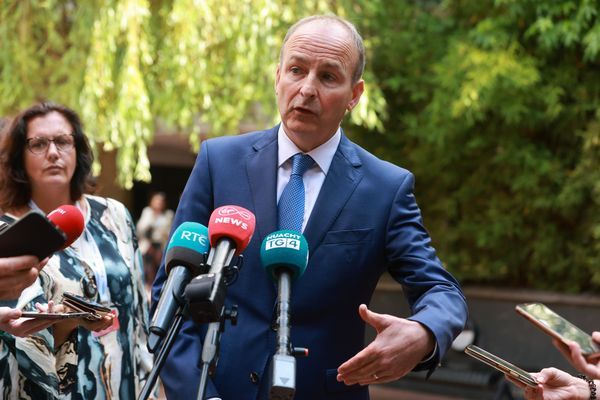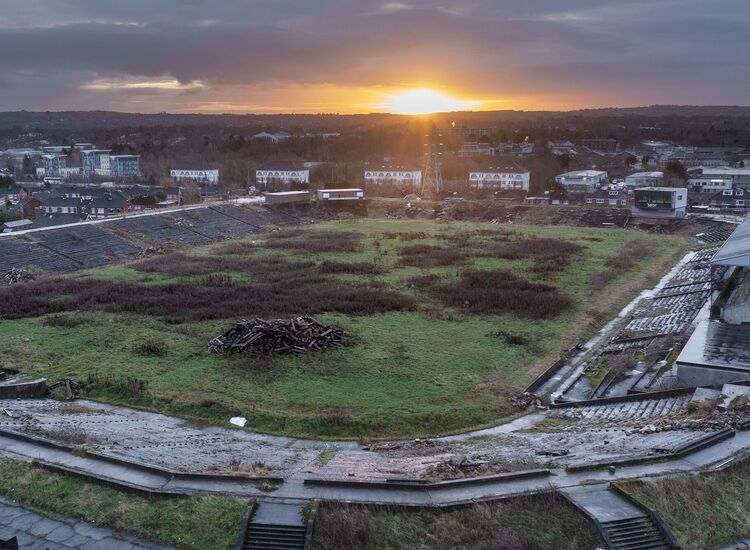Tánaiste Micheál Martin has take the Irish government's opposition to the British government's Legacy Bill for northern Ireland to the printed page.
Martin, who is also Minister for Foreign Affairs and Defence penned an op-ed in the Financial Times taking issue with "the UK government’s Northern Ireland Troubles (Legacy and
Reconciliation) bill."
The bill is currently before the House of Lords at Westminster.
Wrote Martin in part: "I worry, deeply, that the enactment of this bill, opposed by all political parties in Northern Ireland, and by victims and survivors of the Troubles across communities, will set
back the essential work of reconciliation.
"While we have peace, Northern Ireland is not reconciled. That has an impact on today’s politics. Competing narratives on the past can crowd out constructive work on the day-to-day issues which change lives for the better.
"Families bereaved during the Troubles continue to feel the pain of loss and to articulate their desire for truth, accountability and justice. Existing mechanisms for dealing with the legacy of the past, while imperfect, deliver important outcomes for those families, such as the vindication of a murdered loved one’s innocence.
In its Legacy bill, the UK government intends to permanently close off access to these mechanisms — inquests, police ombudsman investigations, civil cases and police investigations — which are working for families and, importantly, demonstrating a vindication of the state’s obligations under the European Convention on Human Rights to investigate killings effectively.
"The UN high commissioner for human rights and the Council of Europe, as well as Westminster’s joint committee on human rights, have expressed serious doubts about the compliance of the legislation with international human rights norms. If enacted, the bill will be the subject of significant legal challenge, adding to the distress of families."
Martin states the belief that a "better path" exists.
He writes: "In the 2014 Stormont House Agreement, parties in Northern Ireland, together with the British and Irish governments, decided on mechanisms to better assist these families, and to pursue justice. The path setout by that agreement was endorsed again by both governments, in the 2015 Fresh Start and the 2020 New Decade, New Approach deals.
"Collectively, we agreed that the new processes should be victim-centered. And together we agreed an architecture designed to promote reconciliation, creating a context in which the UK and Irish governments would consider statements of acknowledgment and, importantly, expect others to do the same.
"I am concerned that the unilateral approach now being pursued by the UK government will be deeply damaging.
"In the Stormont House Agreement, mechanisms for cross-border co-operation were built in. Because the Legacy bill is designed without regard for this cross-border dimension, there may be profound impediments to the effective investigation of murders in Ireland perpetrated by those who lived north of the border, and vice versa.
"This is unnecessary. Worse, it is simply cruel, leaving questions and suspicions hanging and preventing lasting reconciliation.
"I enjoy a positive and constructive relationship with Chris Heaton-Harris, the UK Northern Ireland secretary. I have asked him to pause the Legacy bill and allow time for further engagement with those who will be most affected."








